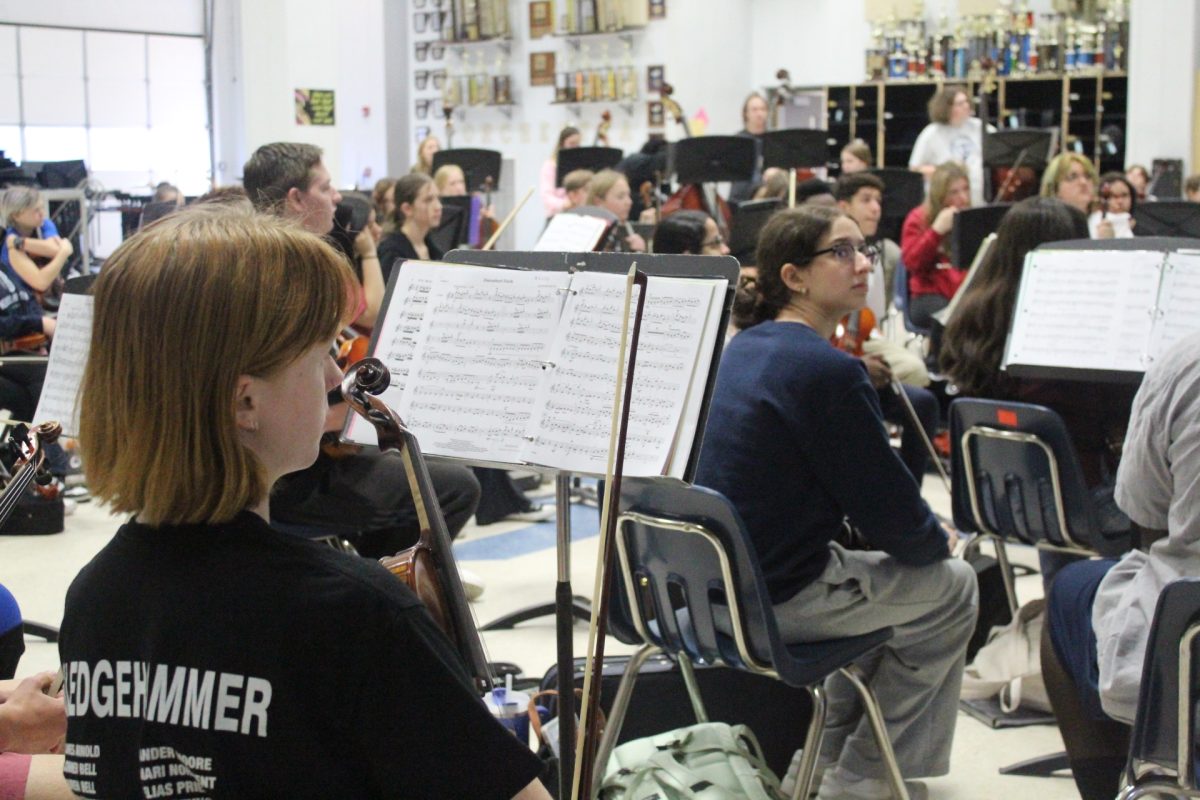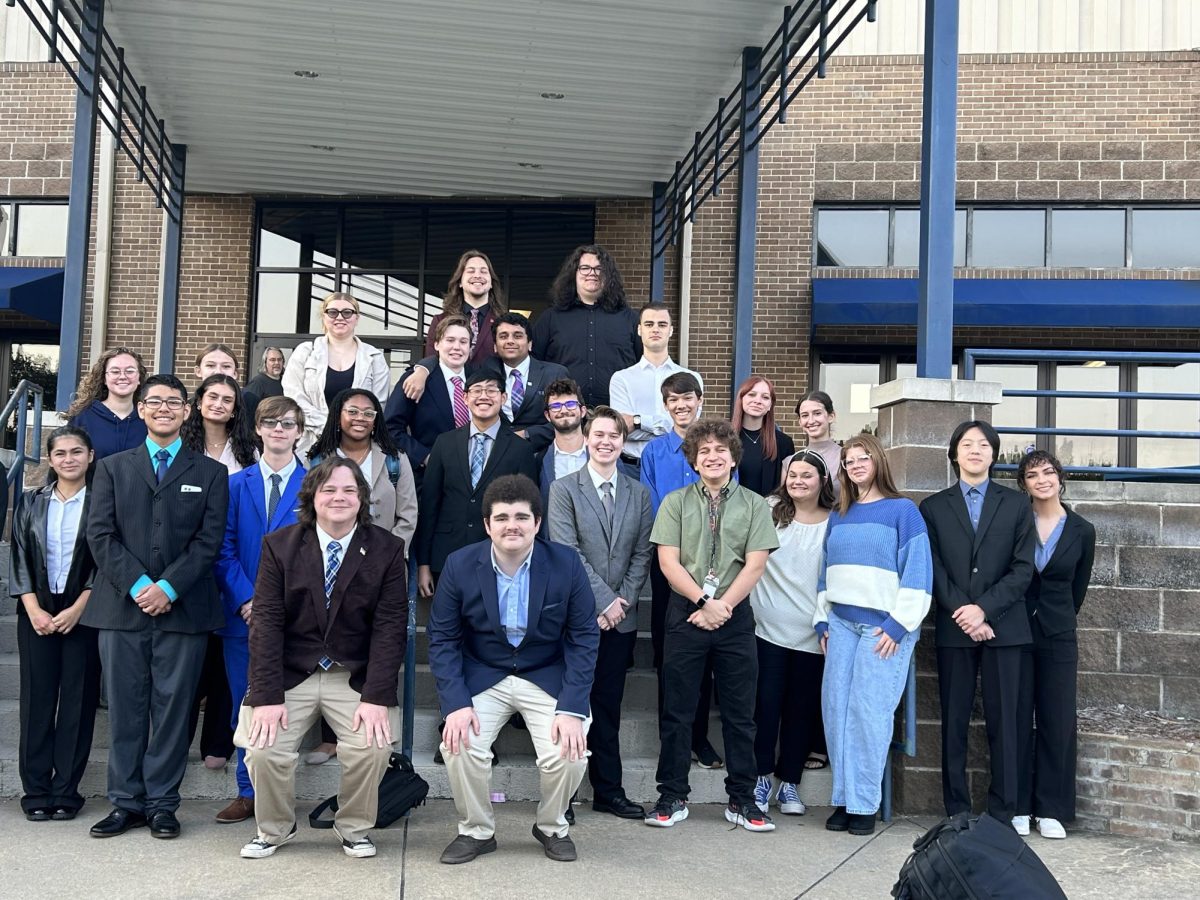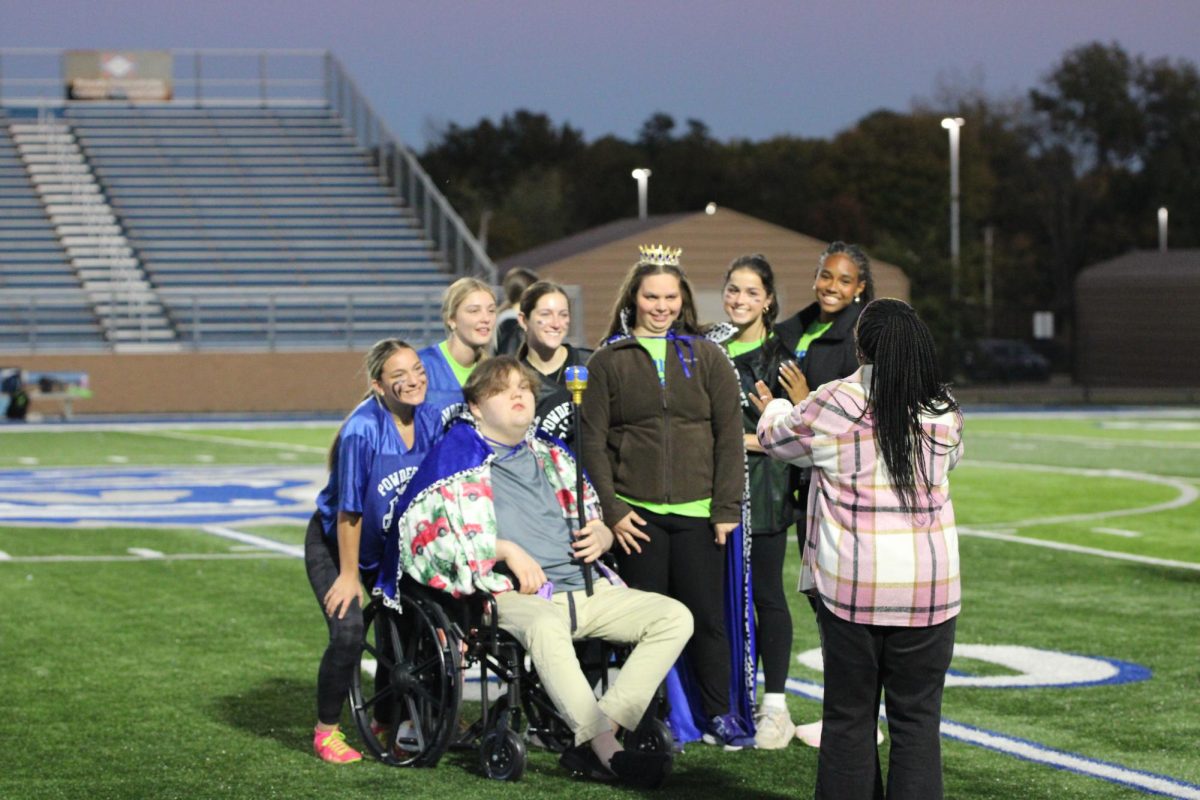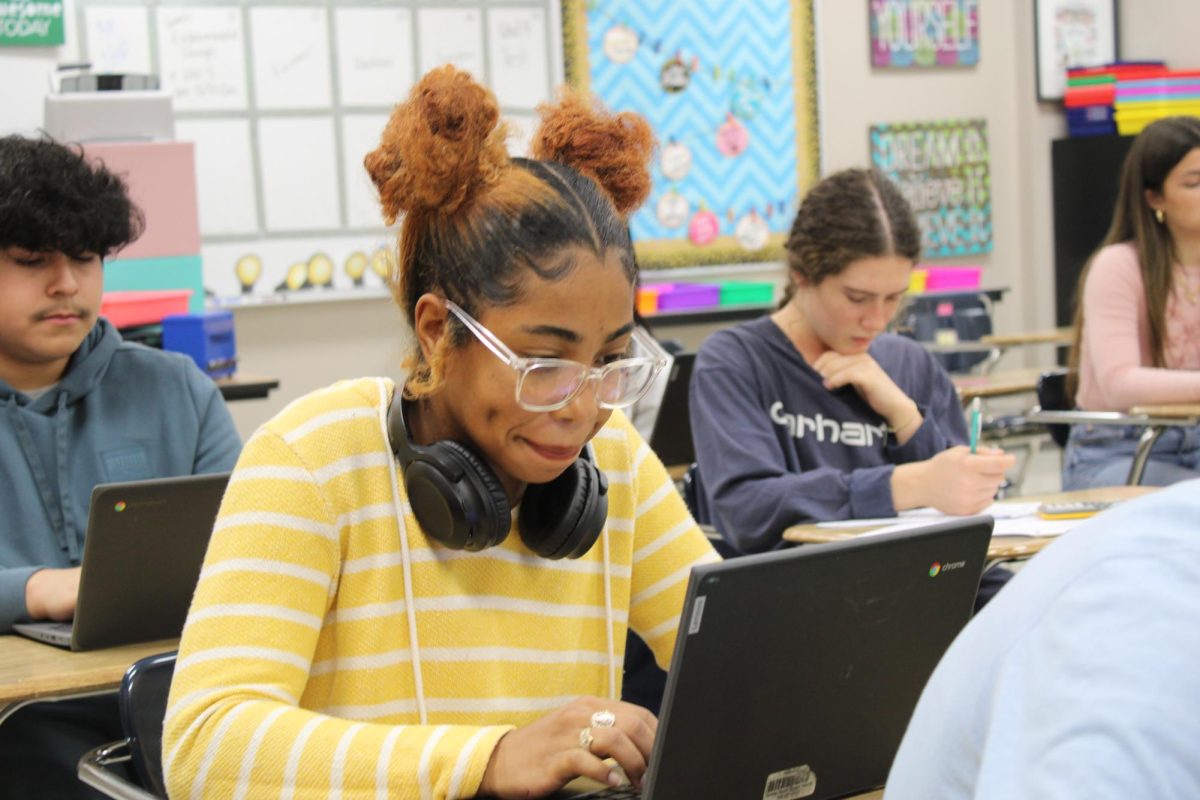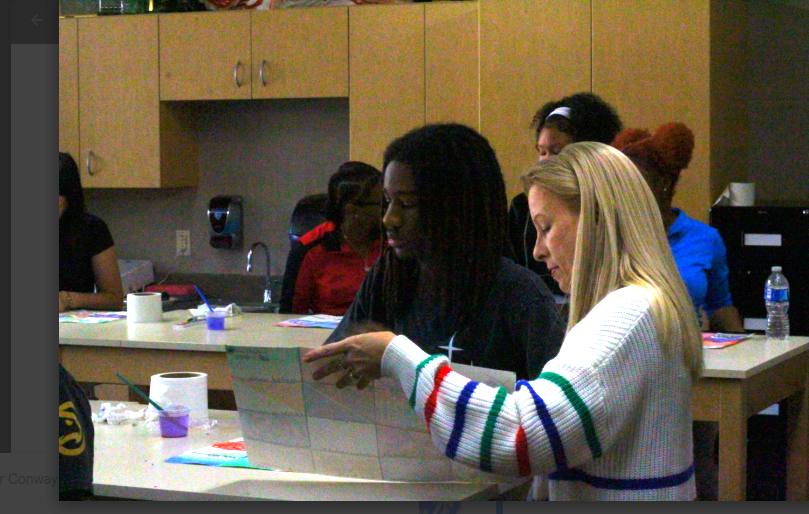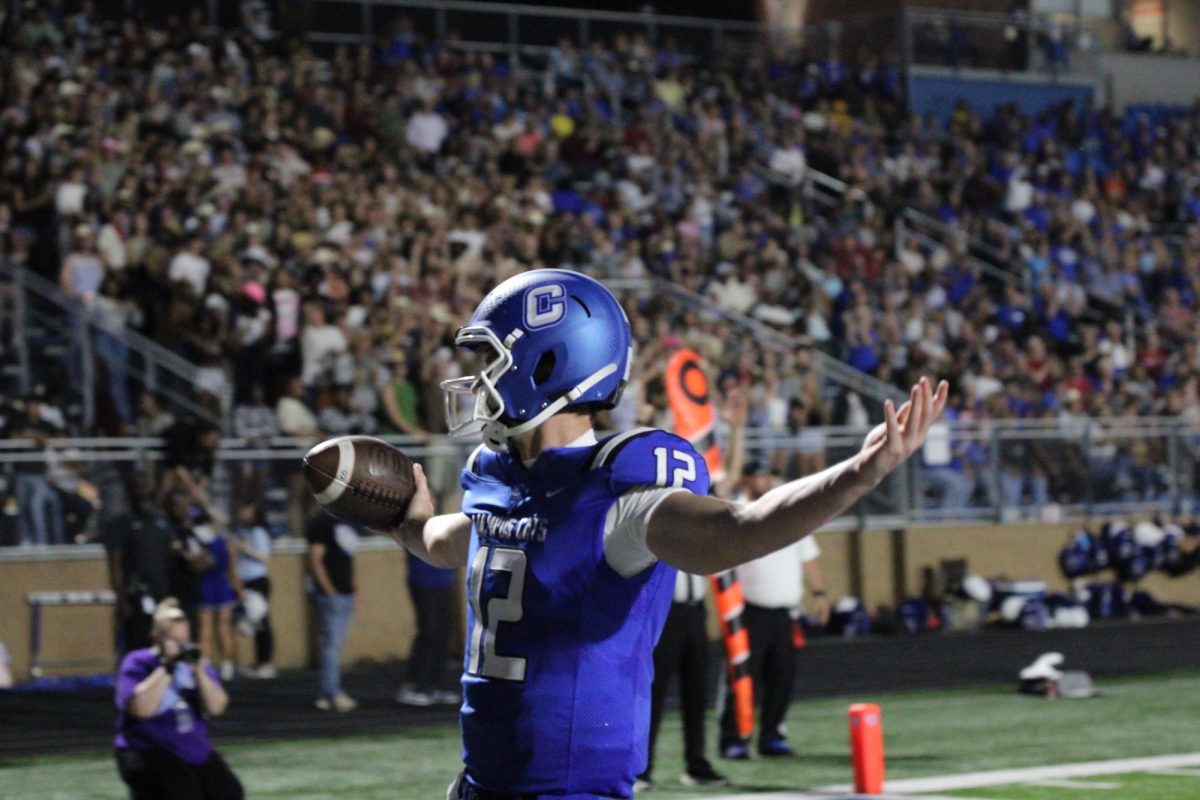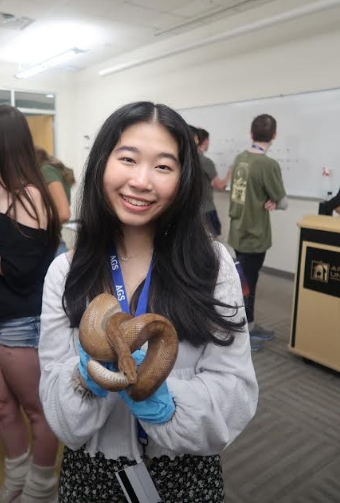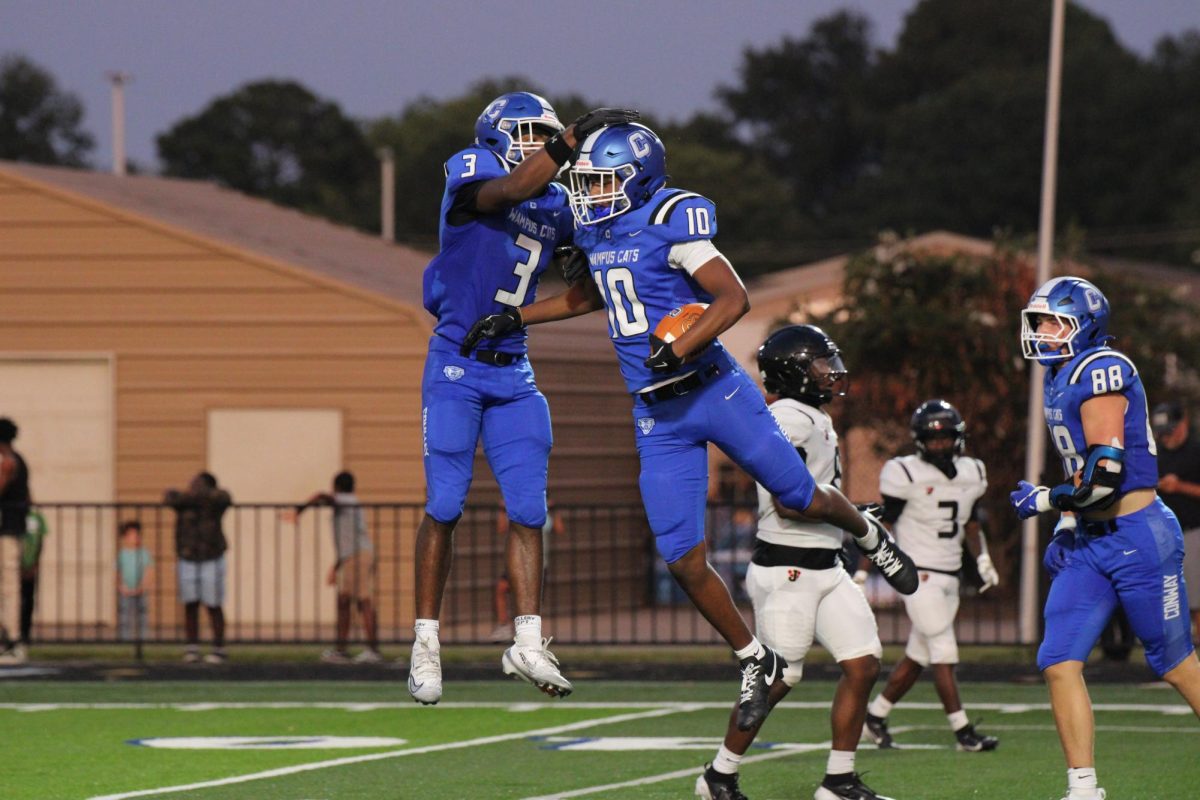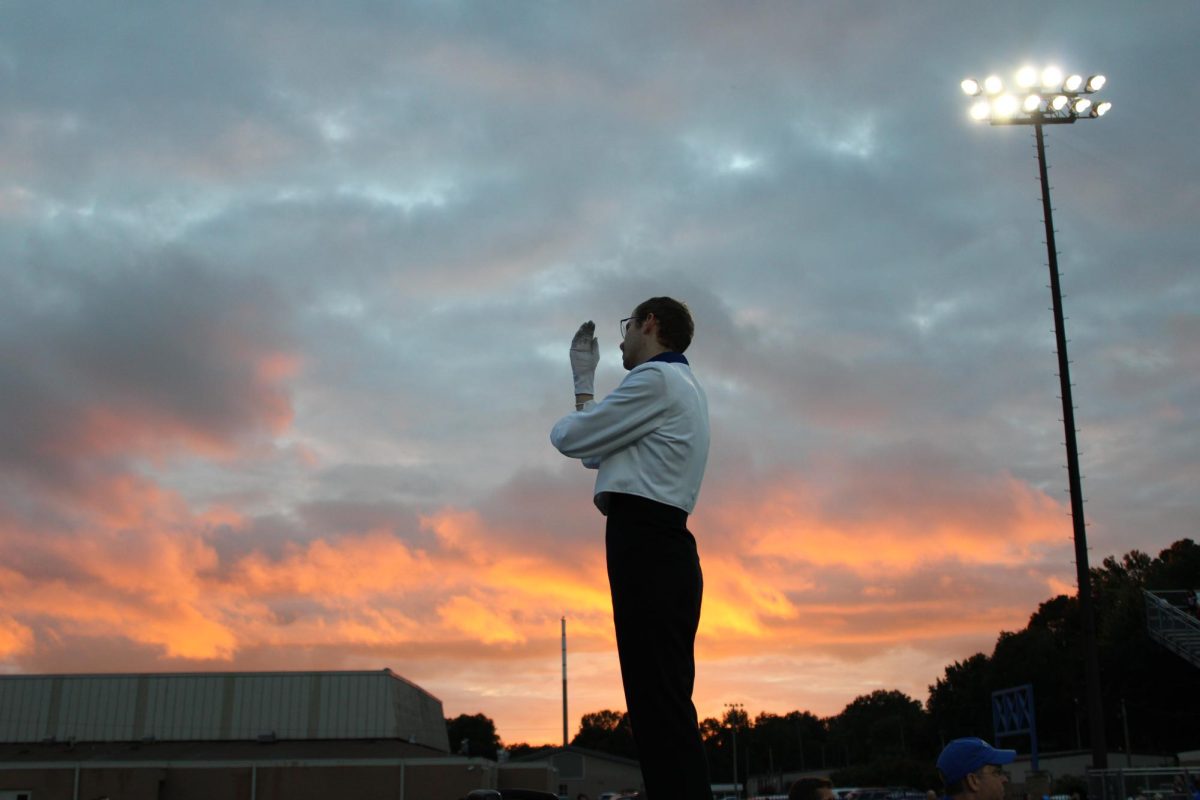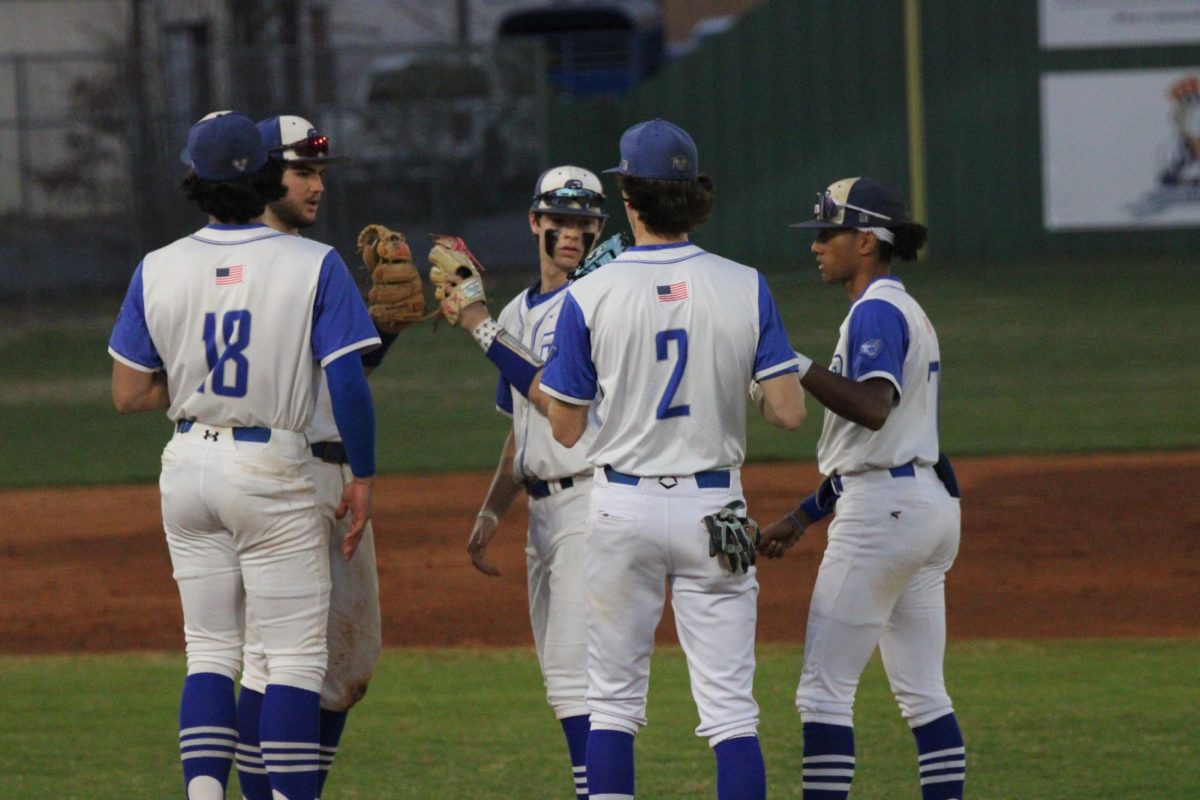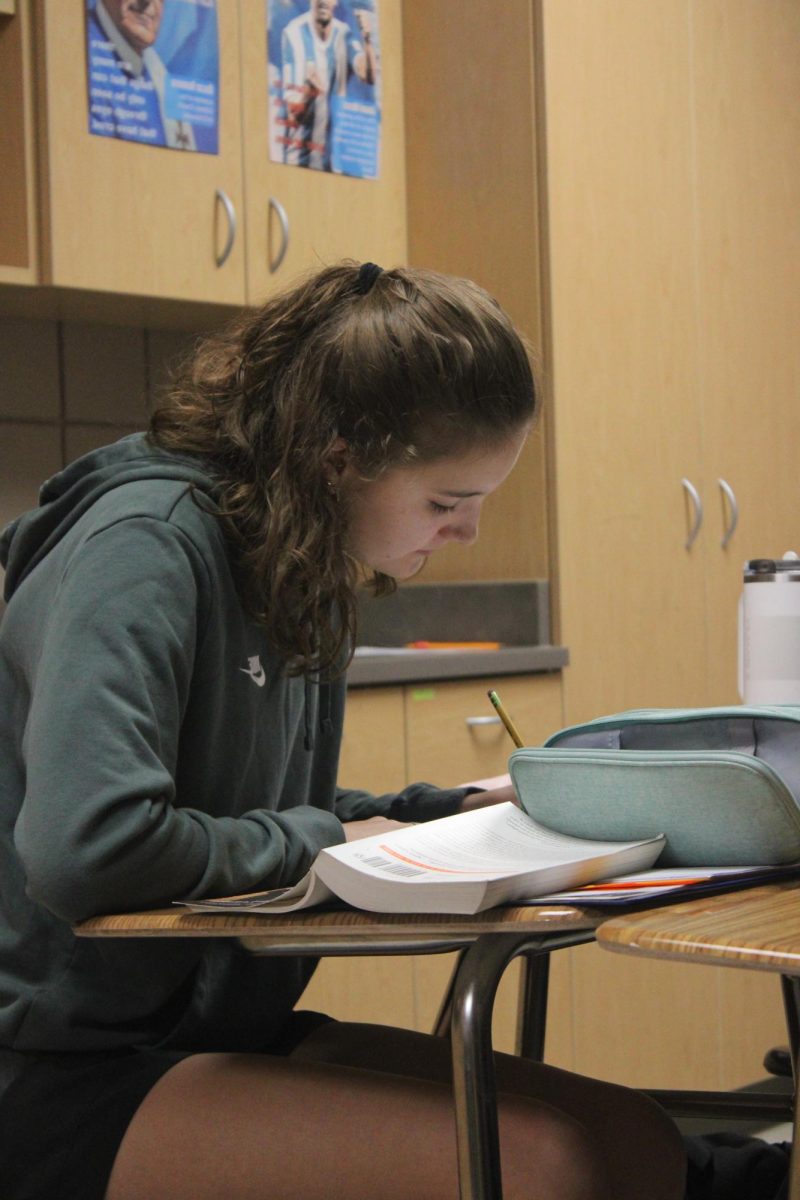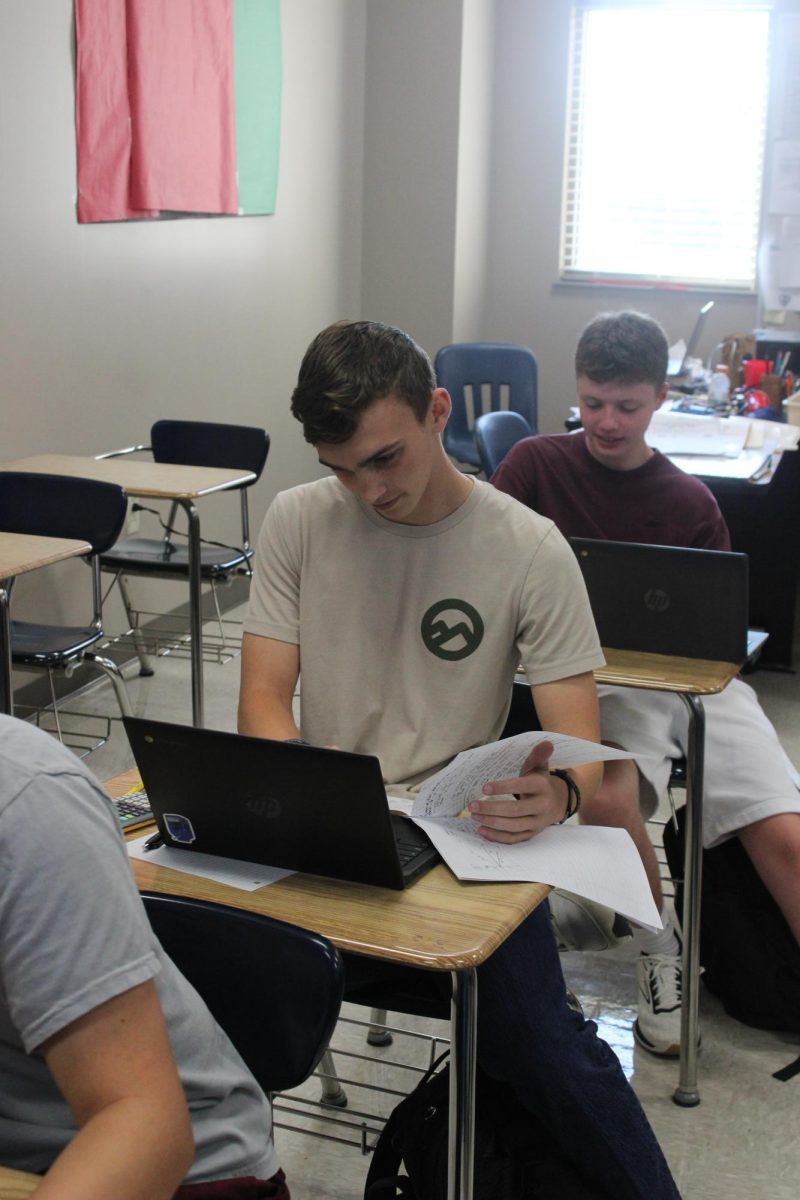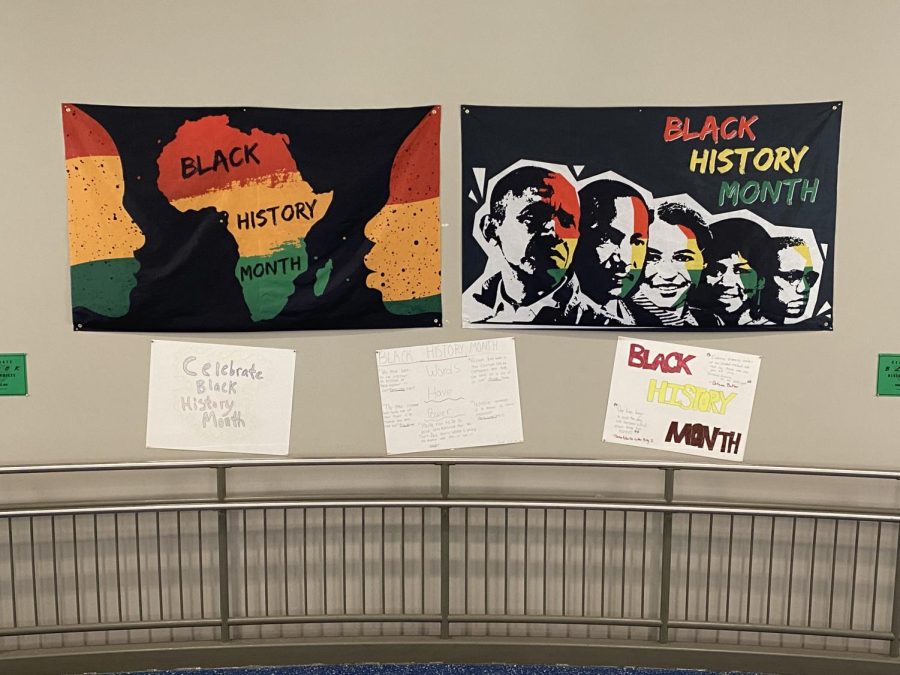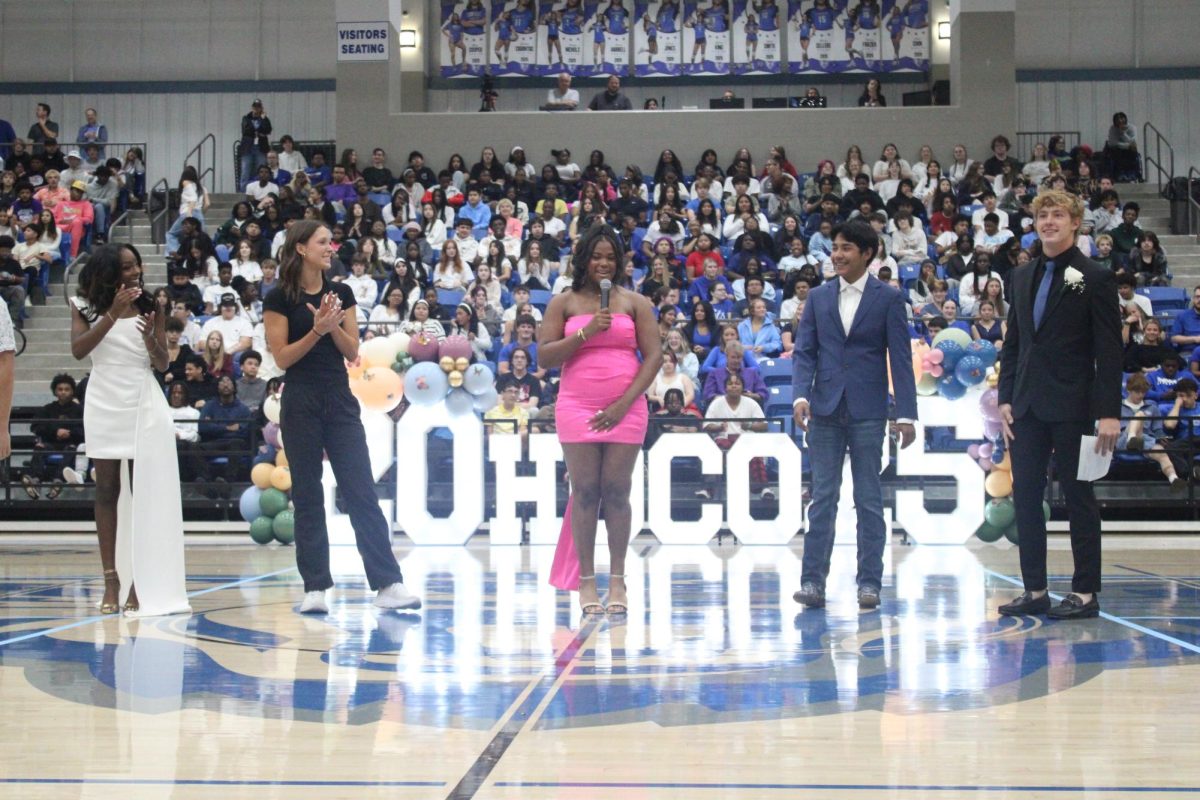The Delectable Negro: Are Public Schools Actually Teaching Black History?
Black History Month displays line the hallways of CHS.
February 10, 2022
“If we don’t know our history in all of its complicated detail, how are we supposed to understand the present?”- Kurt Anderson
As we reach February, the constant lesson that’s taught every year is approaching, Black History Month.
Do public schools actually do a good job at discussing this topic? Absolutely not. Statistics actually show that only 8% of history is dedicated to learning about black history, and most of the topics are the same ones we’ve learned since elementary school. Martin Luther King Jr…Rosa Parks…Harriet Tubman…a brief touching over slavery and the Civil Rights Movement, only to quickly finish and glamorize the white presidents who “ended” slavery and segregation.
Why aren’t we learning about Malcolm X, James Farmer, John Lewis, Whitney Young? You might claim that we don’t learn about every single influential white person in history, but the argument arises. Every single time we attend a history class, we learn about the oppressors, but hardly ever know about the oppressed. We learn about George Washington, but neglect to talk about Kunta Kinte. We glaze over slavery, barely reaching the tip of the iceberg. Of course, we know black people were taken and beaten, forced to work against their will, but why don’t we talk about The Delectable Negro, how white people would gather around and eat black people in resturants? How they were figuratively, sometimes literally, consumed by slave owners? We don’t talk about blackface in school, and on the rare occasion we do, we don’t actually go over the topic in depth. Every year, a new group of ninth-graders read To Kill A Mockingbird, only to seize the opportunity to say “the N-word” but missing the true meaning of the book. They are exposed to white savior books and white savior movies, yet learn the same topics every year about the same black people.
This could be the very root of the microaggressions and ignorance laced throughout public schools. Why is it okay for someone to proudly sport a Trump flag or hat, but suddenly it’s “distracting” to wear a Black Lives Matter hoodie. Teachers assign black students to play a slave for a speech or assign the continent of Africa for them to study. Yet time after time, we turn a blind eye, happy that at the very least, slurs aren’t being thrown around the classroom.
Teachers are by far the most critical individuals in teaching Black history. They are the ones who make connections throughout history and who design activities and instructional components for students to participate in.
According to a 2015 study conducted by the National Museum of African American History and Culture and Oberg Research, while the majority of teachers regarded Black history as influential as comprehending the complexities of US history,” class time commitment was far too low. The study discovered that, on average, only one or two history lessons are devoted to the subject, if at all.
Teachers, the majority of whom are white, frequently lack the necessary knowledge to teach Black history effectively. This goes to show in many school systems, as only twelve states require black history to be taught, and seven of those states don’t have a set curriculum, so it’s up to the teachers. Why should does black history even have to be required in the first place? Is it not simply just a part of history?
Schools teach this immensely white-washed black history, yet wonder why students think it’s okay to paint their face black for a Halloween costume. They think that they’re doing the right thing by having students watch and read about white saviors, but are confused when suddenly black students start questioning their own identity. Growing up, surrounded by eurocentric standards is hard enough, but not learning about your own history? That’s devastating.
So you might ask, what do we do? How do we make it better? Honestly, that’s not a question many can answer. It suddenly becomes a bigger problem when you understand how deep-rooted systemic racism is in the school system. How it’s affecting the younger generation, only leading to more confusion and problems. With the arrival of COVID, black history is talked about even less. People slap up a few posters and think that’s enough.
The only solution that could really be offered is…more black educators in the system. White teachers can try all day long, but they will never truly understand what it’s like to be black in America. What it’s like to not know any of your history, but to be able to list all of history’s white presidents. Schools need to understand that, yes, these discussions are uncomfortable to have, but they need to be had. Don’t just dedicate one day or one month, make it a normal occurrence.
This isn’t meant to suddenly end racism because that’s very unlikely to ever happen. But think about this the next time February approaches, and you learn about Rosa Parks for the millionth time. Think about it the next time you crack open To Kill A Mockingbird or decide to watch The Blind Side. Think about it the next time you’re sitting in a classroom, witnessing microaggression, but letting it slide…again.
Black history is something that needs to be taught, but are public schools really teaching?

